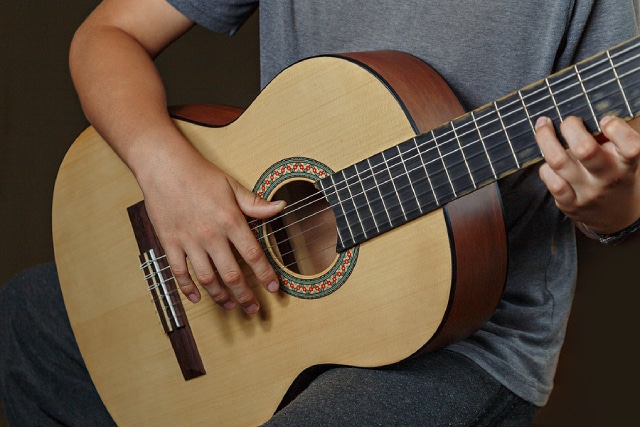Have you ever wondered if you could learn to sing, even if you think you’re tone deaf? It’s a common question that carries with it a mix of curiosity and scepticism. In this article, we’ll dive deep into the science behind tone deafness, the potential for improvement through training, and how vocal training in Singapore can be a gateway for anyone aspiring to find their voice.
Understanding tone deafness
Before we delve into the learning process, let’s demystify tone deafness. Technically termed as congenital amusia, tone deafness is a condition that affects a person’s ability to perceive or produce musical pitch accurately. It’s estimated that around 4% of the population may experience some degree of tone deafness.
Contrary to popular belief, true tone deafness is relatively rare. It’s not just about singing off-key occasionally; it involves a consistent inability to discern pitch differences accurately. However, many people who believe they are tone deaf might actually fall into a different category — those who simply lack training or experience in singing.
The myth of the unteachable voice
One of the biggest misconceptions about singing is the idea that some people are born with a “gift” for it while others are doomed to be tone deaf forever. This notion couldn’t be further from the truth. While natural talent can certainly give someone a head start, singing is a skill that can be learned and improved upon through dedicated practice and proper guidance.
Scientific research supports the idea that most people, even those who initially struggle with pitch, can significantly enhance their singing abilities with training. Studies have shown that the brain’s auditory cortex, responsible for processing sound and pitch, is highly plastic and can adapt and develop through targeted practice.
Training the voice: Can you overcome tone deafness?
If you’re wondering whether you can learn to sing despite feeling tone deaf, the answer is a resounding yes! The key lies in understanding that singing is a combination of muscle control, breath support, pitch perception, and emotional expression — all of which can be cultivated over time.
Professional vocal coaches, like those at Studio 72, are trained to work with singers of all levels, including those who may struggle with pitch accuracy. Through personalised lessons, exercises, and techniques, they can help you develop your vocal range, improve your pitch accuracy, and build confidence in your singing abilities.
Overcoming challenges and celebrating progress
Learning to sing is a journey filled with challenges and breakthroughs. If you’ve ever felt discouraged by your perceived lack of ability, remember that progress takes time and dedication. With the right mindset, guidance, and practice, you can surprise yourself with how much your voice can improve.
Conclusion
In conclusion, the idea of being “tone deaf” should not deter anyone from pursuing their passion for singing. With the right resources and support, anyone can learn to sing and express themselves through music.
If you’re looking for the best vocal lessons in Singapore, look no further than Studio 72! Studio 72’s vocal lessons provide a structured and effective path for your singing development. Whether you dream of performing on stage, recording your own music, or simply enjoying the joy of singing, their experienced instructors can help you reach your goals.
If you’re ready to discover the power of your voice and take your singing skills to new heights, consider enrolling in Studio 72’s vocal lessons for adults today. Unlock your potential, embrace your uniqueness, and let your voice be heard!






